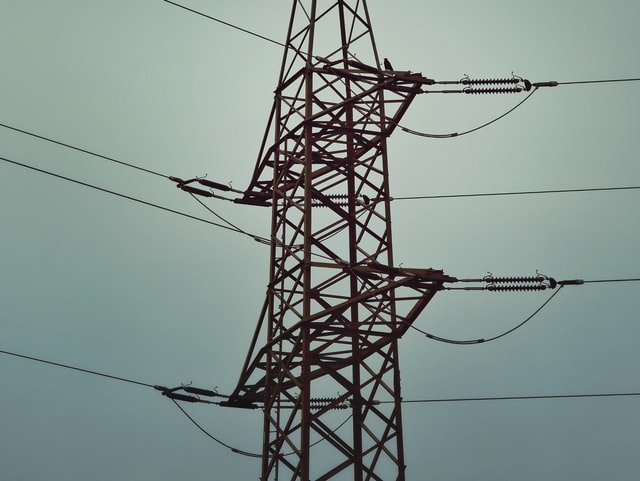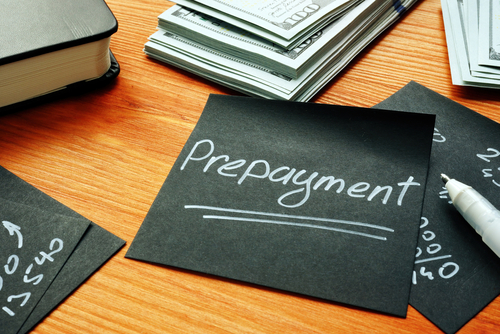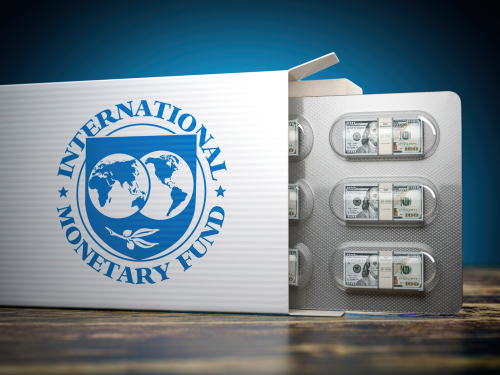This site uses cookies to provide you with a great user experience. By using BondbloX, you accept our use of cookies.
| | | | | | | | | | | | | | | | | | | | | | | | | | | | | | | | | | | | | | | | | | | | | | | | | | | | | | | | | | | | | | | | | | | | | | | | | | | | | | | | | | | | | | | | | | | | | | | | | | | | | | | | | | | | | | | | | | | | | | | | | | | | | | | | | | | | | | | | | | | | | | | | | | | | | | | | | | | | | | | | | | | | | | | | | | | | | | | | | | | | | | | | | | | | | | | | | | | | | | | | | | | | | | | | | | | | | | | | | | |
Bond Market News
Lebanon Staring at Severe Power Cuts Amid Cash Crunch
May 7, 2021

Lebanon is staring at total power cuts as it may not be in a position to pay for fuel required for power generation. Even though the country’s parliament has given a go-ahead to a $200mn emergency loan to fund the fuel imports, there is a delay due to a review by a constitutional committee. If the loan is not approved soon, the power industry could come to a grinding halt in the country, which already has long power cuts with a part of its population relying on private generators. According to a member of parliament Nazih Negm “We should not forget that starting May 15, gradual darkness will start”. The nation has been gripped by a financial crisis that has been worsened due to the political uncertainty since the Beirut explosion and economic pressures stemming from the pandemic. The country’s currency has been on a free fall and has lost ~90% of its value against the dollar in around 18 months. The foreign reserves are critically low and as per Moody’s, Lebanon’s available reserves for use had fallen to $1bn by the end of February 2021 based on data provided by the central bank and Haver Analytics. The country had defaulted on its bond payments of €900mn ($1.2bn) last year in March and has an upcoming debt payment of $1.54bn in October 2022.
Lebanon’s bonds continue to trade at distressed levels. Its 6.1% 2022s and 7.05% 2035s were stable and trading at ~13.48 and 13.38 cents on the dollar.
For the full story, click here
Go back to Latest bond Market News
Related Posts:
Colombia to Repay $1.29 Billion of Bonds Early
February 17, 2021

Philippines Raises €2.1bn via Three-Trancher
April 22, 2021







